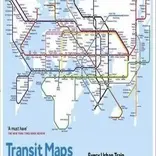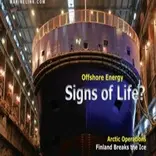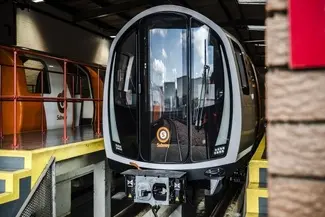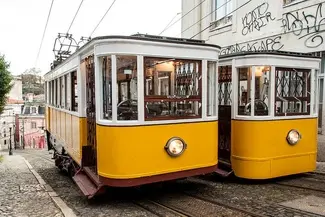Rotterdam: Energy transition is not only cutting back on coal

Paris agreement objectives mean that by 2030, the Netherlands – including Rotterdam – will need to have reduced its CO₂ emissions by 49% compared to 1990, so CO₂ emissions are not allowed to exceed certain limits. However, the Paris agreement does not include any statements on the actual use or storage of coal itself, the port of Rotterdam noted.
According to its statement, 85% of the coal handled in Rotterdam is forwarded to Germany, and it is at the discretion of Germany to decide for how long and for which purposes it will continue to import coal.
“If the German industrial sector wants to import coal but can no longer do so via Rotterdam, these shipments will be transported via other ports. While this will not yield any net advantage in terms of climate change mitigation, it will cost Rotterdam hundreds of jobs.”
50% of the coal that is transported to Germany is used for producing steel in the country’s blast furnaces. At present, it is not yet possible to produce steel from iron ore on a large scale without using coal. Steel is required for a wide range of purposes, including the manufacturing of wind turbines, bicycles and tracks for public transport.
The remaining 50% of the coal in transit is used to generate electric power in Germany’s coal-fired power plants. While over 35% of the electricity generated in Germany currently derives from renewable sources like wind and solar power, Germany continues to make extensive use of nuclear, gas-fired and coal-fired power plants on those days when there is hardly any wind and sun. Moreover, over the next few years, Germany is expected to become even more dependent on fossil fuels for its electricity supply, following the closure of the German nuclear plants.
“If we intend to cut back the volume of coal (and other fossil fuels), it is imperative that we invest in coal-free steel production, increase the production of power from renewable sources and expand our options to store the generated renewable energy. As long as the use of coal is part of the Dutch and/or German energy and industrial policies, the port of Rotterdam will strive to be the most efficient, reliable and safe port for handling this cargo type,” the port underlined.
In view of the announced termination of coal use in the Netherlands’ power plants (instead of a ‘closure of the Dutch coal-fired plants’) and all the projects that the Port Authority is currently working on in partnership with the private sector to reduce the CO2 emissions of Rotterdam’s industrial sector, a 49% reduction of emissions by 2030 (compared to 1990) is considered feasible.















![AIRBUS A380 [MORE THAN 600 PASSENGER’S CAPACITY PLANE]](https://cdn.tinn.ir/thumbnail/4jCp4EQvCU0b/IjHVrSYQrIAqIzXuTzADR7qLYX4idQT4nfq__26E5SCUPLMqfhWkWajvuO9Wfq1ql1TjV4dhkrHliNQU82kMpo2NNftT_NGEwHc9KXtN_rk731bmifa2IQ,,/airbus-a380-structure1.jpg)

Send Comment